International Dispute Resolution
Introduction
Conflicts are inherently tied to foreign affairs and are no longer confined to just disputes between states but also involve international organizations and other non-state actors. The United Nations (UN) Charter plays a crucial role in managing such conflicts, particularly those between nations. An international dispute refers to a disagreement over a point of law or fact, a conflict of legal views, or differing interests between states. These disputes can arise from legal or political grounds between the parties involved.
Non-peaceful measures, also known as compulsive or coercive methods, are ways to resolve international conflicts through pressure or intimidation without necessarily resorting to armed force. The term "dispute" itself can be broadly understood as a disagreement between two parties on a legal or factual issue, or a clash of legal opinions or interests. Determining whether a dispute exists requires evidence that one party’s position has been rejected by the other. The continuation of an international conflict, however, is subject to objective evaluation.
International Disputes
The primary goal of the United Nations is to maintain global peace and security and to take necessary actions to prevent breaches of peace. The UN is empowered to take preventive measures to avert violations of peace and acts of aggression. The UN Charter provides mechanisms for the peaceful resolution of international disputes, ensuring that such settlements do not endanger international stability and justice.
Disputes can be considered international or transnational from various perspectives, some of which are highlighted below:
- Disputes Between States: These are the most straightforward international disputes, directly governed by international law. However, this does not exclude the application of domestic law or relevant private international law.
- Disputes Among Individuals or Private Organizations of Different Nationalities: These disputes involve issues like applicable law, jurisdiction, and private international law.
- Disputes Between States and Citizens of Other States: Examples include investment disputes, typically governed by bilateral agreements, general international law, or specific rules of private international law.
Judicial arbitration is a method of settling disputes through an "international tribunal" in accordance with international law. There are several international dispute resolution methods that serve as alternatives to litigation or judicial settlement. Article 33 of the UN Charter lists these methods, including "negotiation, inquiry, mediation, conciliation, arbitration, judicial settlement, resort to regional agencies or arrangements, or other means of their own choice."
The International Court of Justice (ICJ) is the most prominent international tribunal today, primarily responsible for resolving disputes between sovereign states. Only states can be parties to cases before the ICJ. A recent example is the case of Jadhav (India vs. Pakistan), where the ICJ intervened. Jadhav, a former Indian Navy officer, was sentenced to death by a Pakistani military court on charges of terrorism and espionage. After years of legal battles, the ICJ issued a stay on his execution in 2019, marking a significant victory for India.
Compulsive/Coercive Methods of Settling International Disputes
Compulsive and coercive methods refer to non-peaceful approaches to resolving conflicts. These methods often involve the use of force or exerting pressure to address disputes, though not necessarily through military action or warfare.
Retorsion
Retorsion is a term used in international relations to describe retaliatory actions taken by one state in response to unfriendly or hostile acts by another. It is based on the principle of "tit for tat." When one state takes an action similar to what another state has previously done, this is considered retorsion. The purpose is to retaliate, but such actions must remain within the bounds of international law. While retorsion is legal, it must not threaten international peace and security. For example, if one state enacts stricter passport regulations for the citizens of another state, the affected state may respond by imposing similar regulations on the first state's citizens.
A notable instance of retorsion occurred in December 1992, when India declared two Pakistani High Commission officials as persona non grata. In response, Pakistan took similar action against three Indian officials. Such reciprocal actions are typical examples of retorsion in international relations.
Reprisals
When retorsion fails to resolve a dispute, states may resort to reprisals. Reprisals involve more severe actions taken in response to unlawful or unjust acts by another state. Traditionally, reprisals included actions like the seizure of property or individuals, but they have since expanded to include other coercive measures, such as bombings, territorial occupation, and asset freezing.
The primary goal of reprisals is to compel the offending state to cease its wrongful actions or to provide restitution. However, reprisals must meet certain legal criteria to be considered legitimate under international law, as outlined in cases like the Naulilaa Incident (Germany v. Portugal). While reprisals are sometimes justified, they must be proportionate to the offense and should be used only when other remedies have been exhausted.
Embargo
An embargo is a form of reprisal that primarily serves as an economic sanction. It involves the detention or restriction of ships, goods, or other assets, typically to exert financial or economic pressure on a state. Embargoes can be either "civil" or "hostile," depending on whether they target a state's own vessels or those of another state.
For example, a state may impose an embargo on another state's ships to force compliance with international obligations. While embargoes can be implemented by individual states, they must not threaten international peace and security. Collective embargoes, such as those imposed by the United Nations Security Council, are considered legal under international law.
Pacific Blockade
A pacific blockade occurs when one state uses its naval forces to block the coastline of another state, preventing access to or from that state's ports. This action is taken to exert economic and political pressure without resorting to full-scale war. While there was once debate over the legality of pacific blockades, their use has generally been deemed unlawful under international law due to the potential threat they pose to peace and security.
However, when authorized by the UN Security Council, a collective blockade is considered legal. An example of such a blockade was implemented against Iraq in 1990.
Intervention
Intervention involves a state taking action within the internal affairs of another state, often to preserve or alter the existing conditions. According to Professor Oppenheim, intervention can be internal, external, or punitive. However, since the establishment of the United Nations, such interventions are generally considered illegal unless authorized by the UN Security Council.
Interventions by one state in another's affairs, especially without UN approval, are viewed as violations of international law. Despite this, there have been instances where states have intervened, citing reasons such as humanitarian concerns or national security, as seen in the U.S. interventions in Iraq and Pakistan.
Conclusion
Lasting peace cannot be achieved until states are willing to resolve disputes as independent entities. The impact of settling disputes between states is far greater than that of disputes between individuals. While coercive methods can provide immediate relief, they rarely lead to long-term peace. States are legally obligated to resolve disputes through diplomatic means, but they are not required to follow a specific process unless they have agreed to do so.
International law aims to prevent conflicts and maintain global peace, but achieving this goal has proven challenging. Diplomatic means are generally less hostile and more conducive to lasting solutions. However, when states resort to force or unfriendly actions, they often create lingering animosities that hinder future peace efforts. Therefore, rational and coercive means should be used carefully within the framework of international law to ensure the peaceful resolution of conflicts.
Share
Tags
Archive
Popular & Recent Post




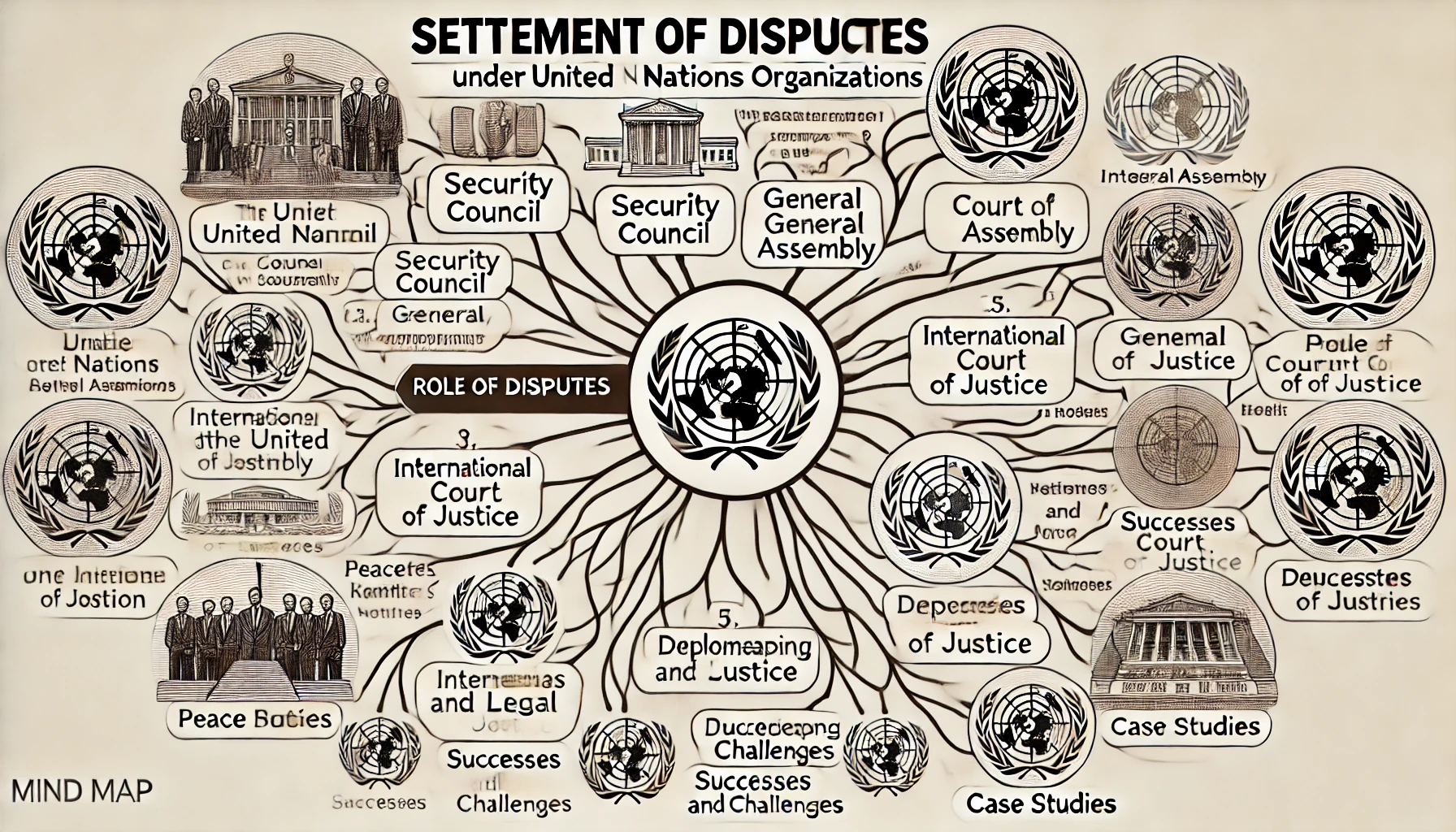
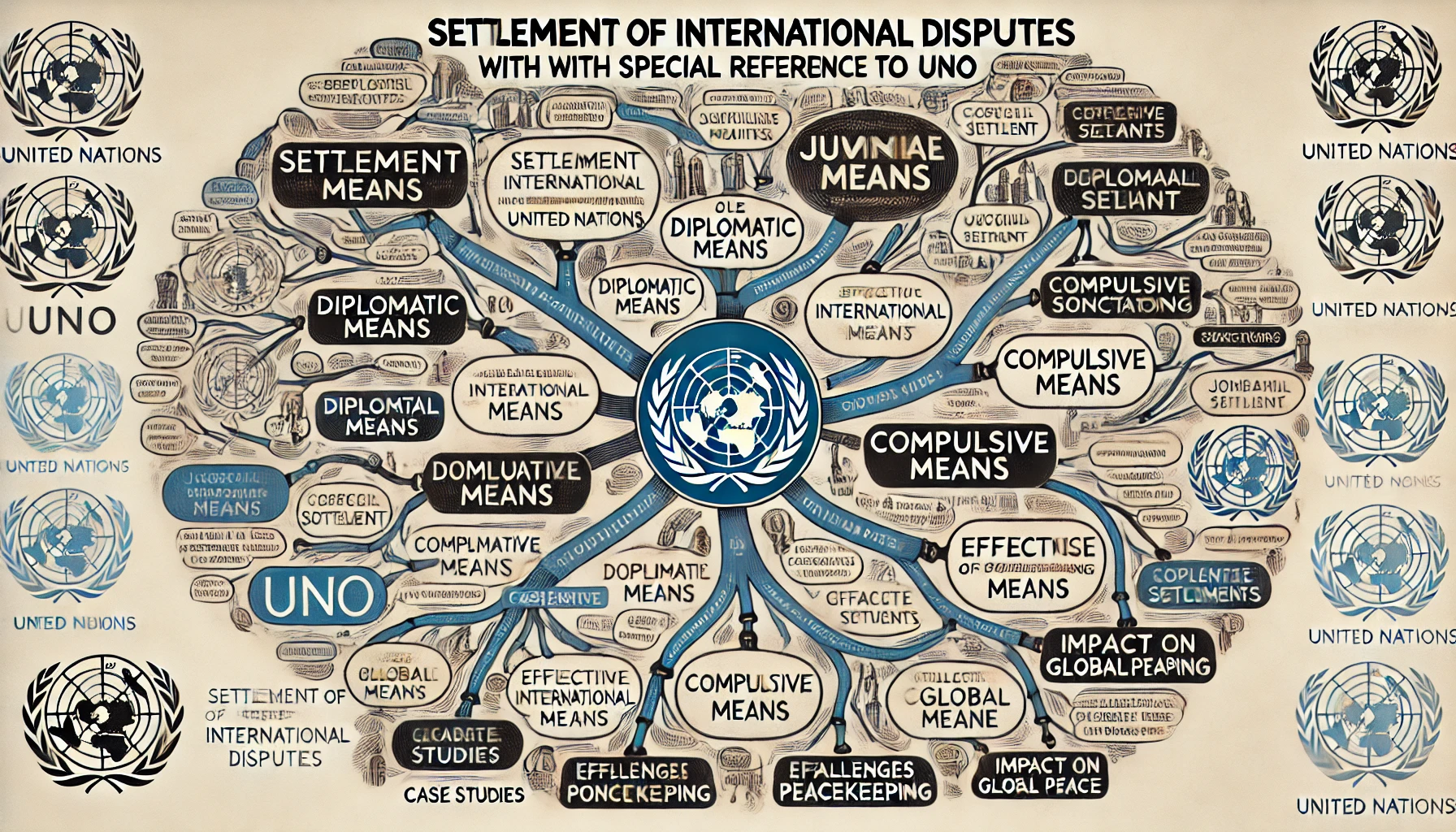
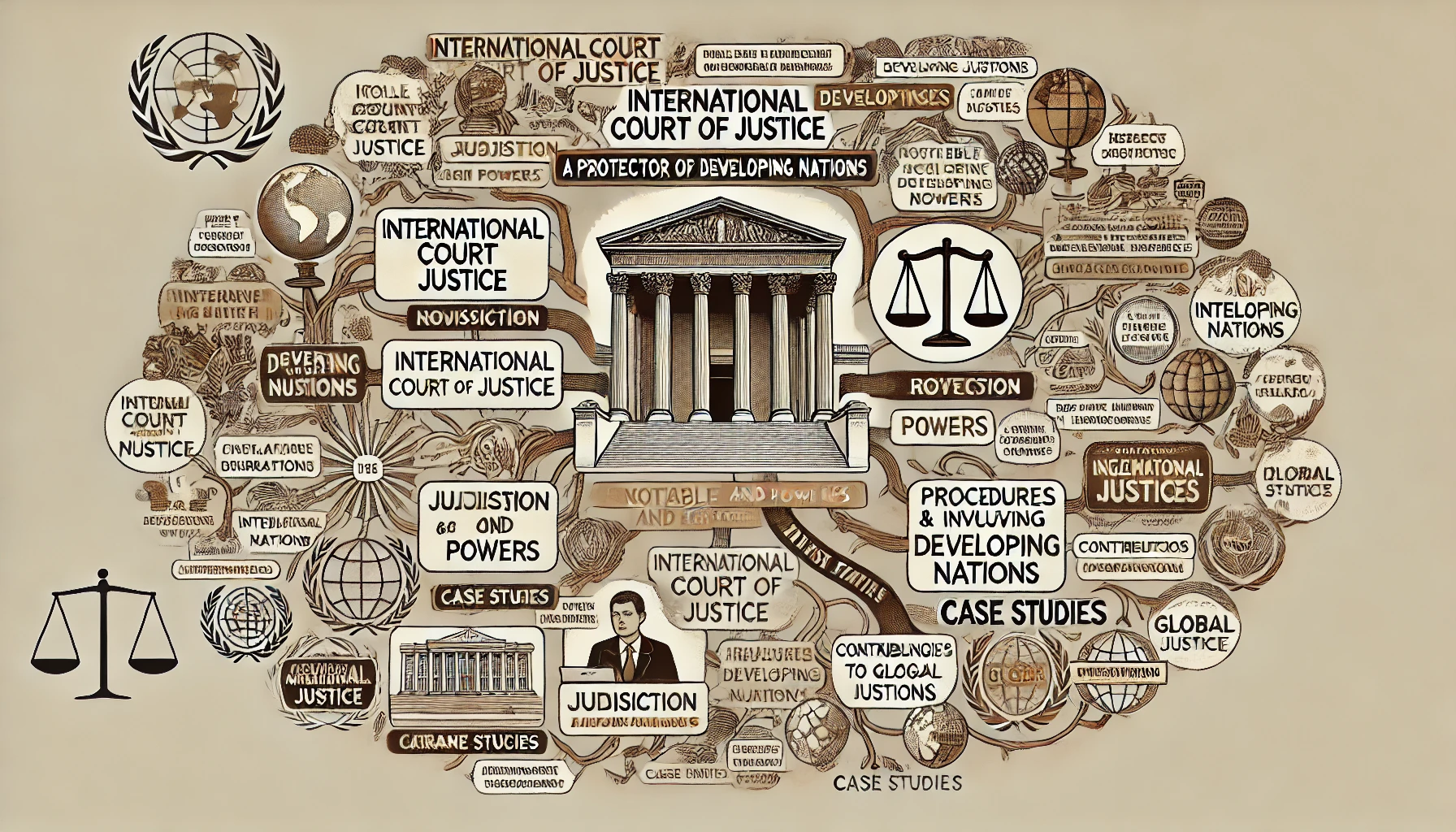
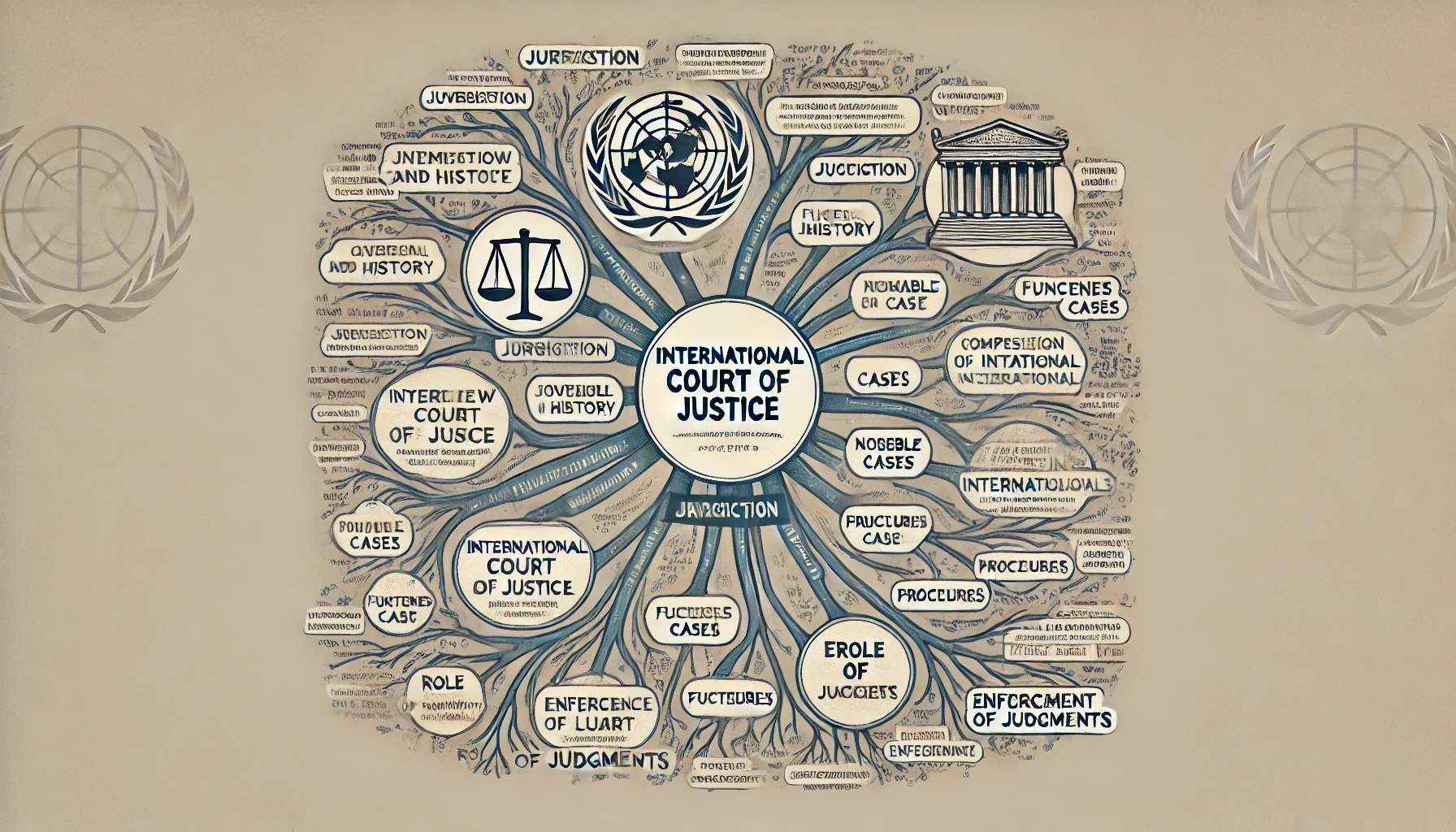
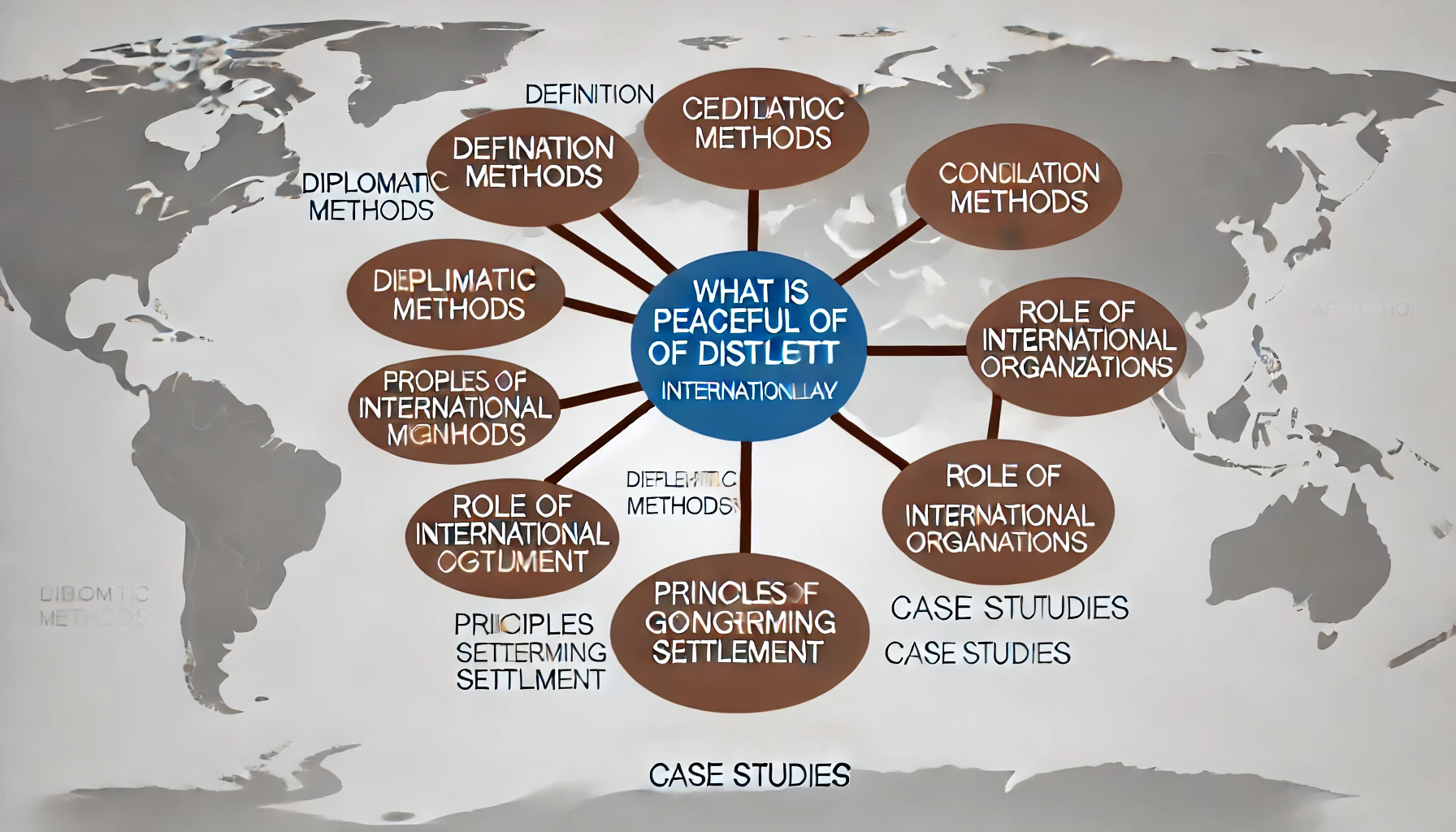

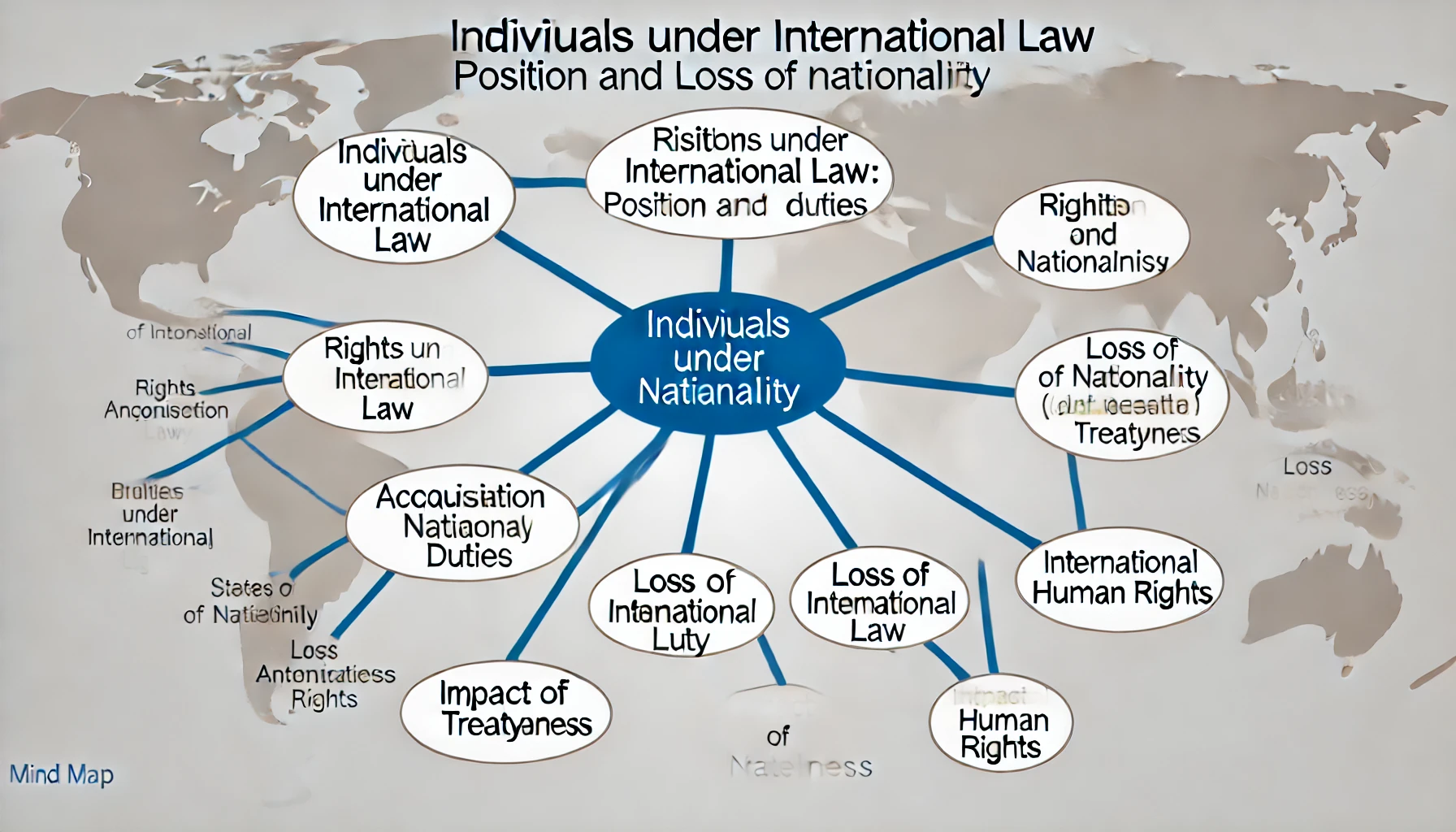
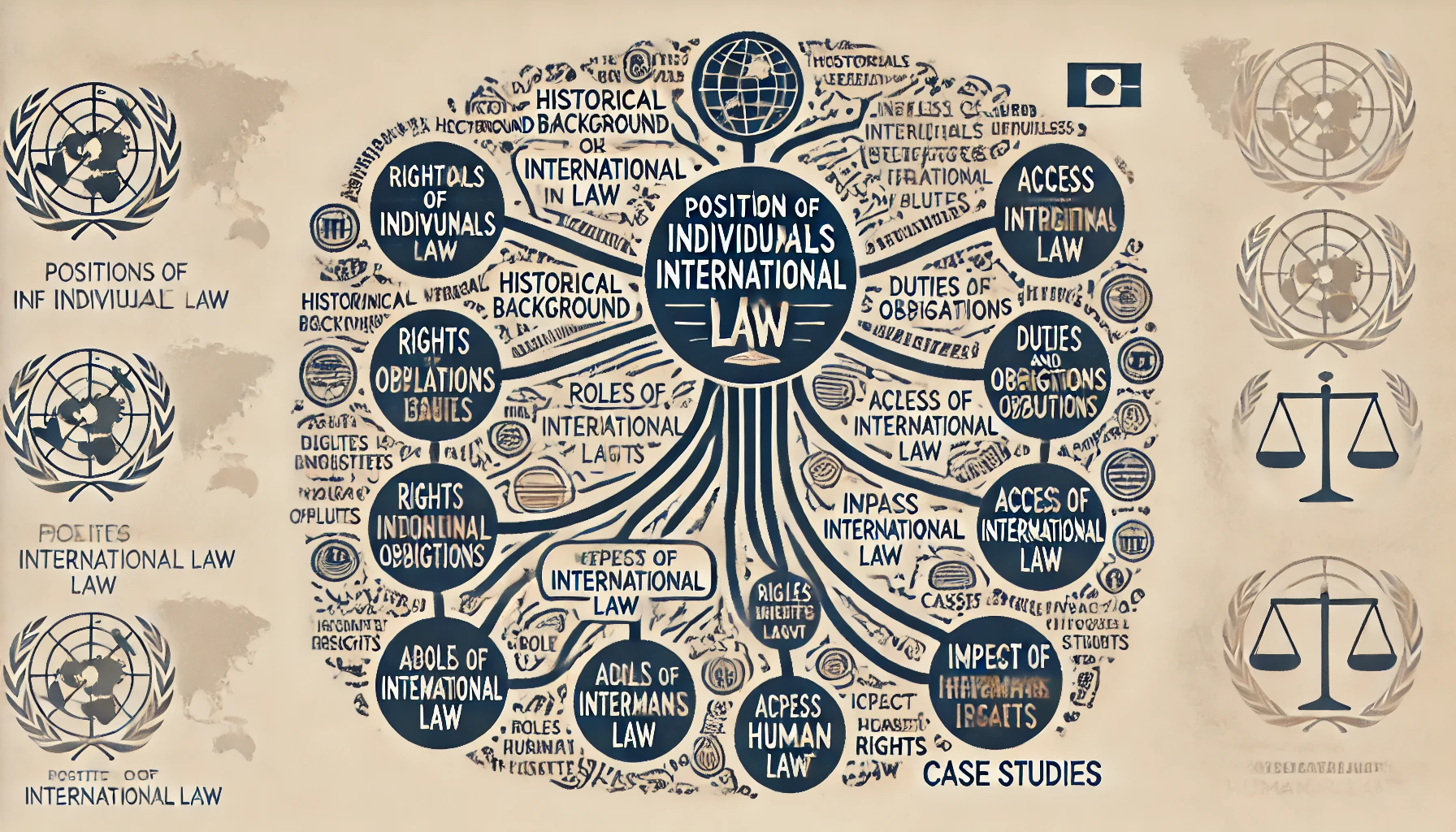
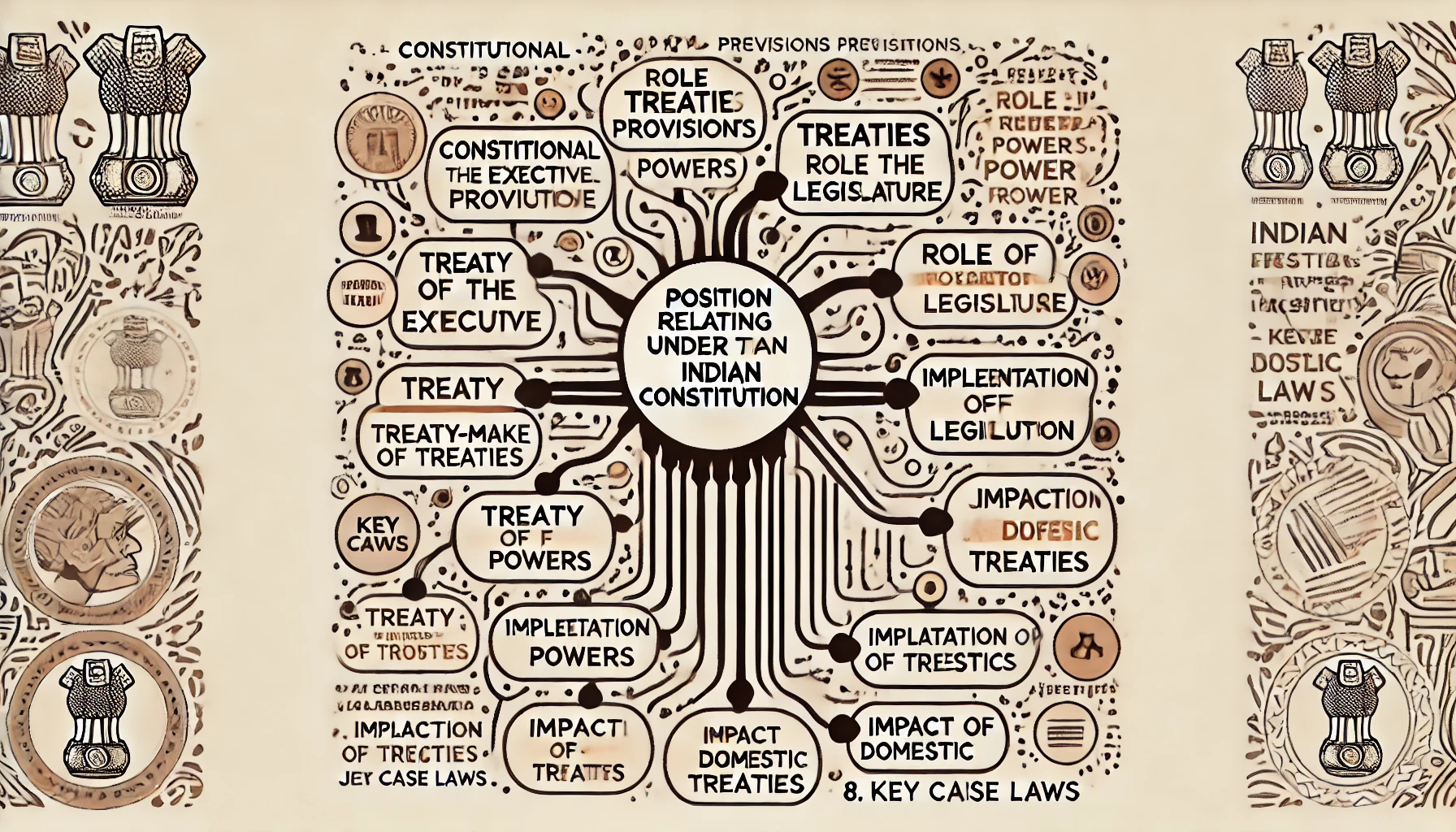

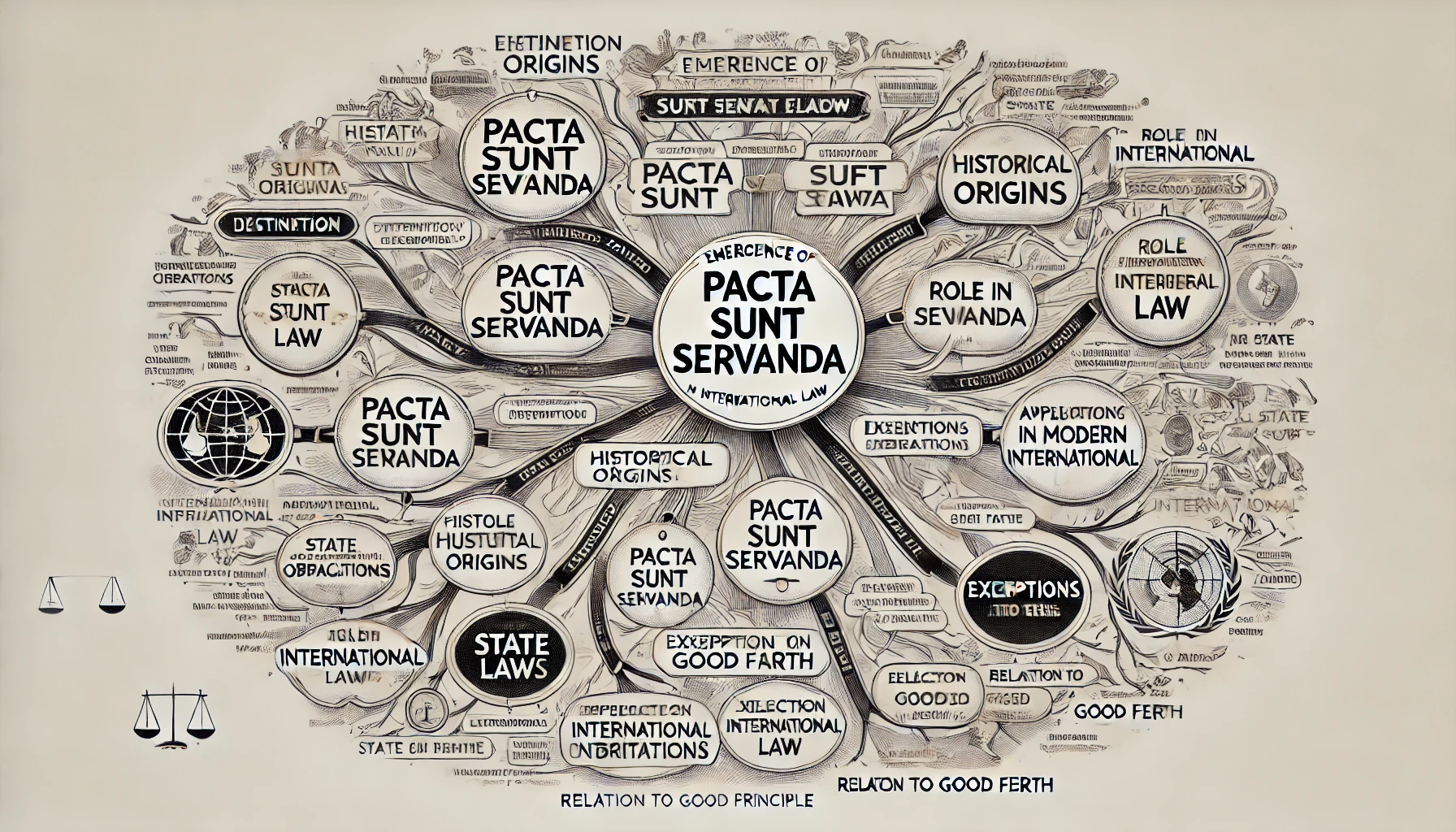
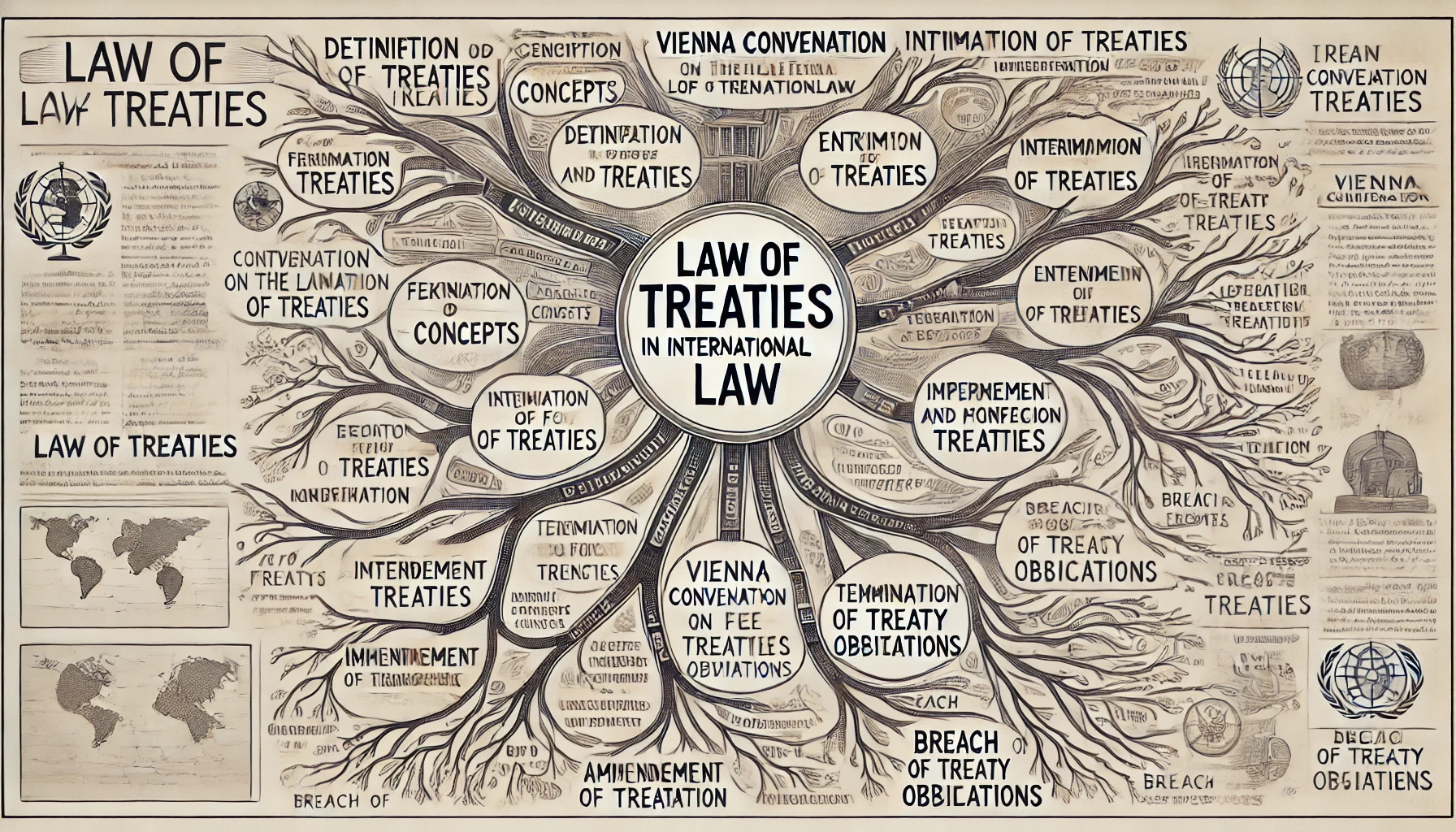
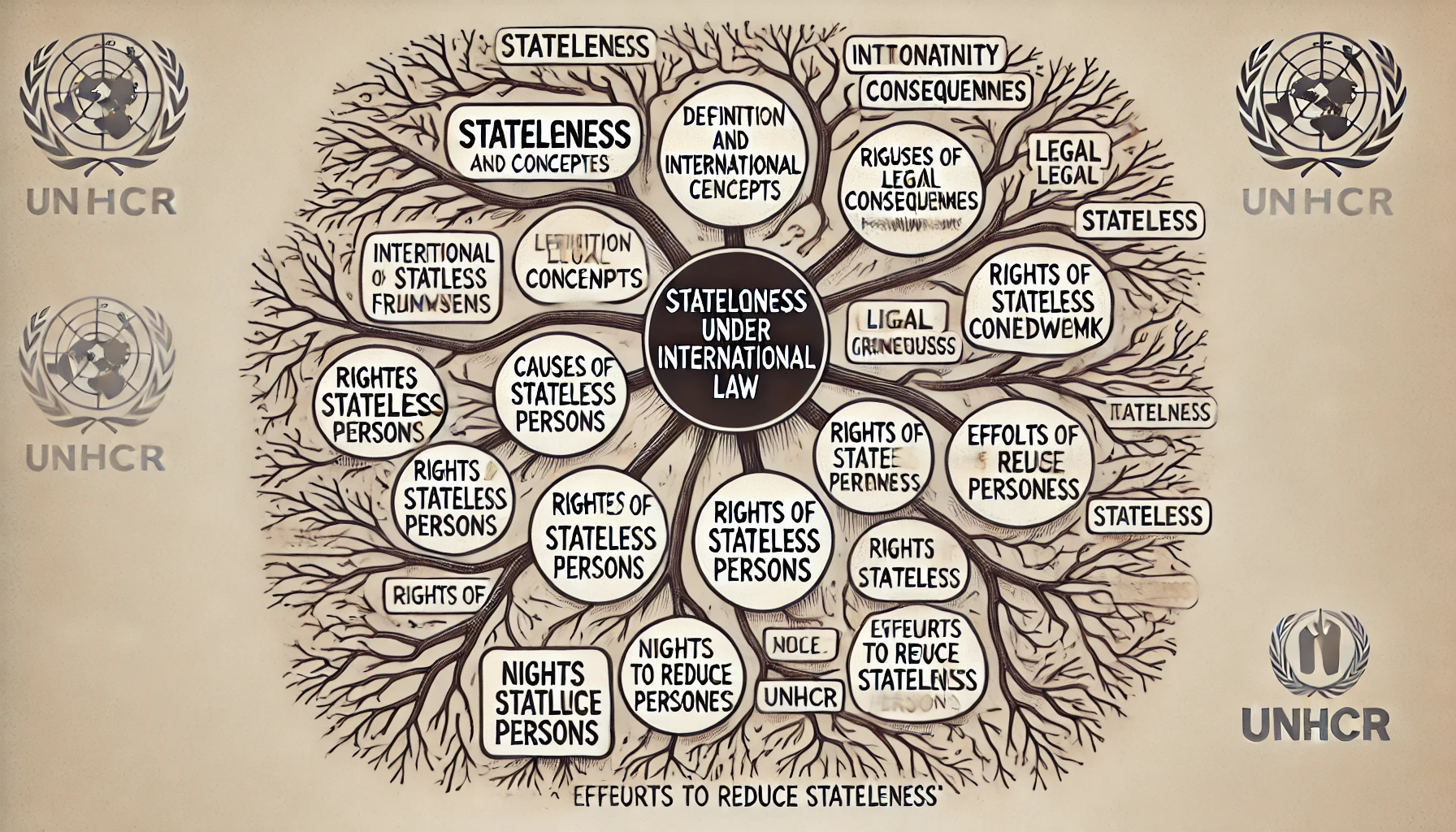
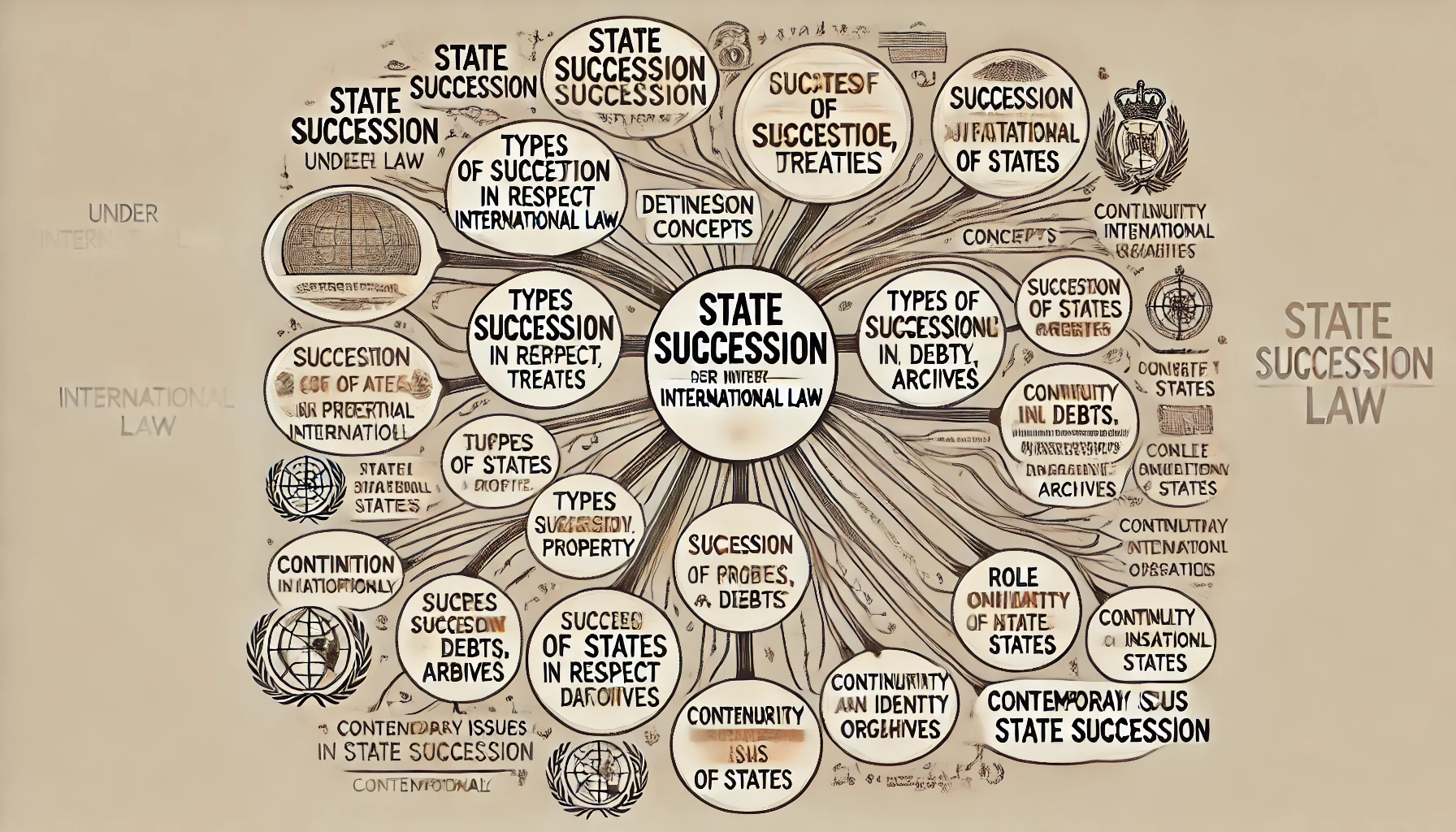
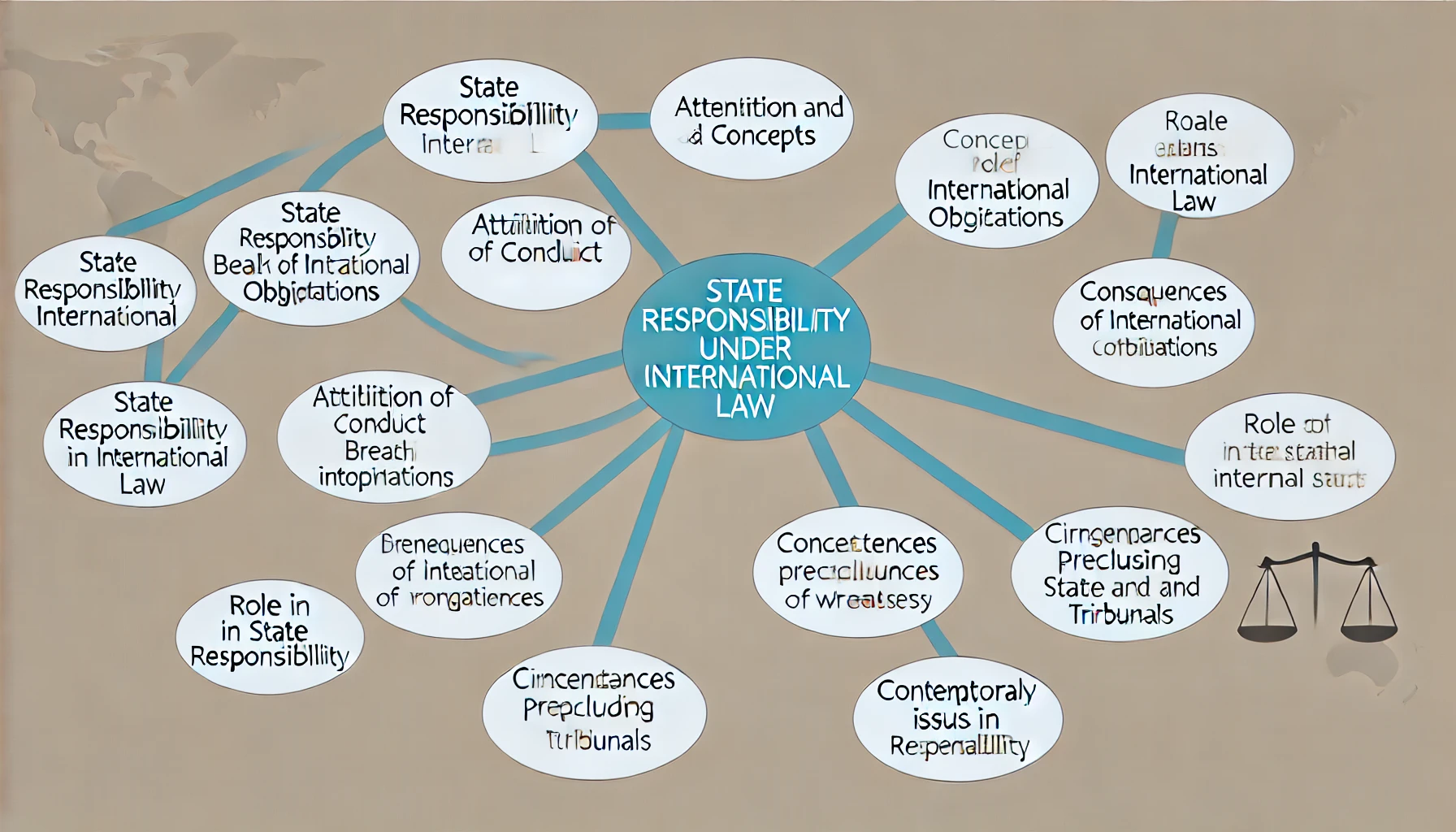
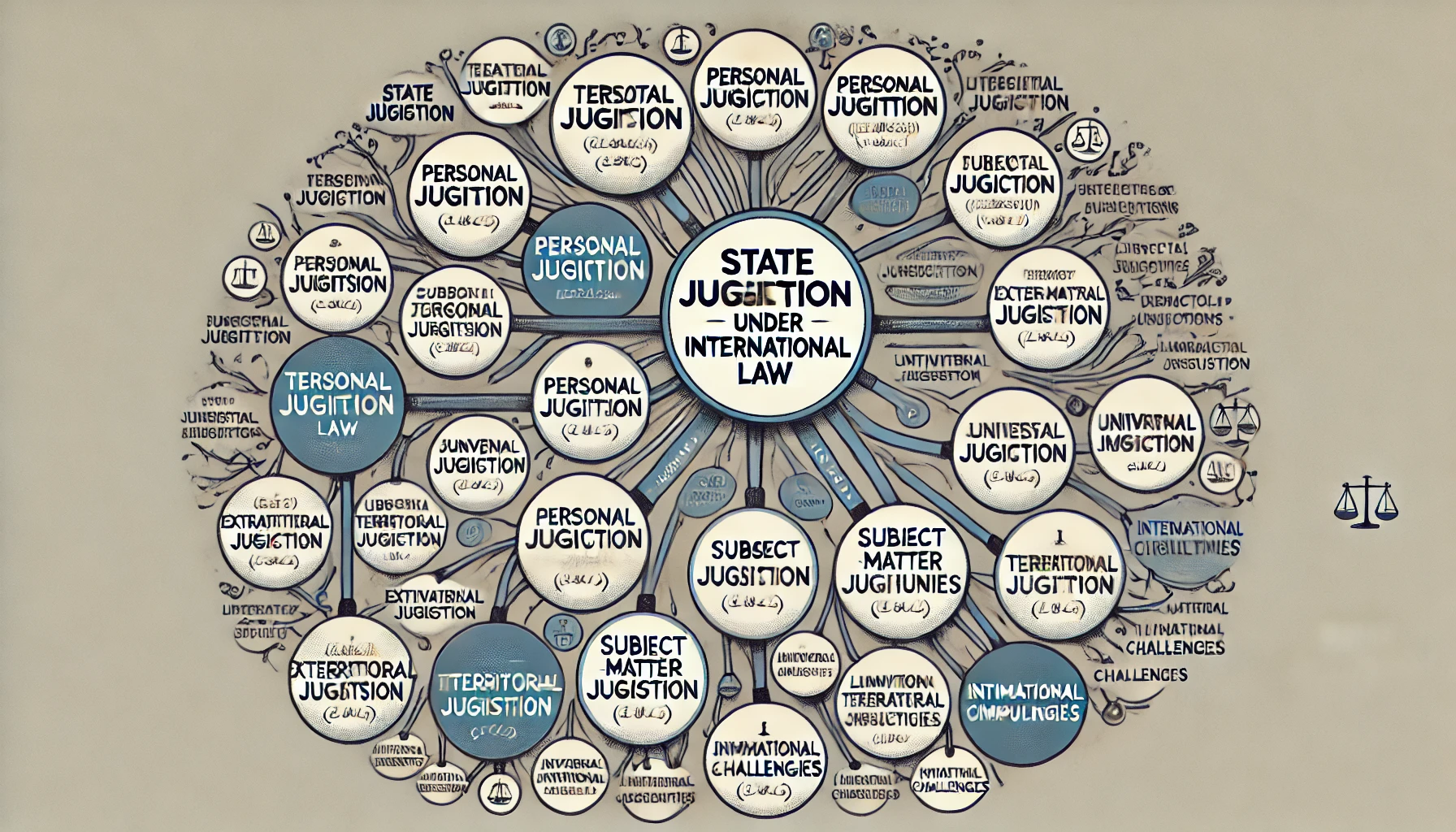
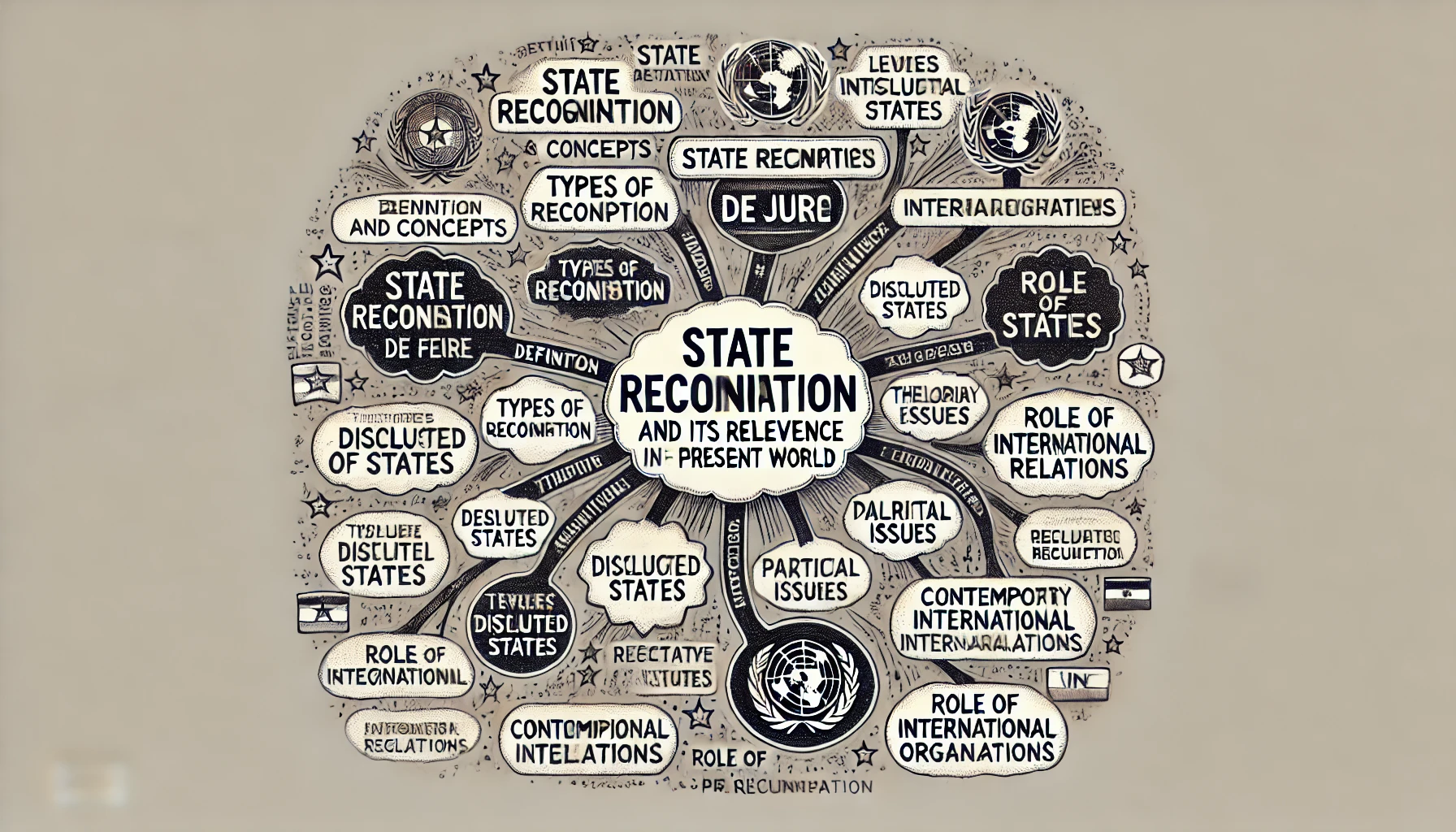
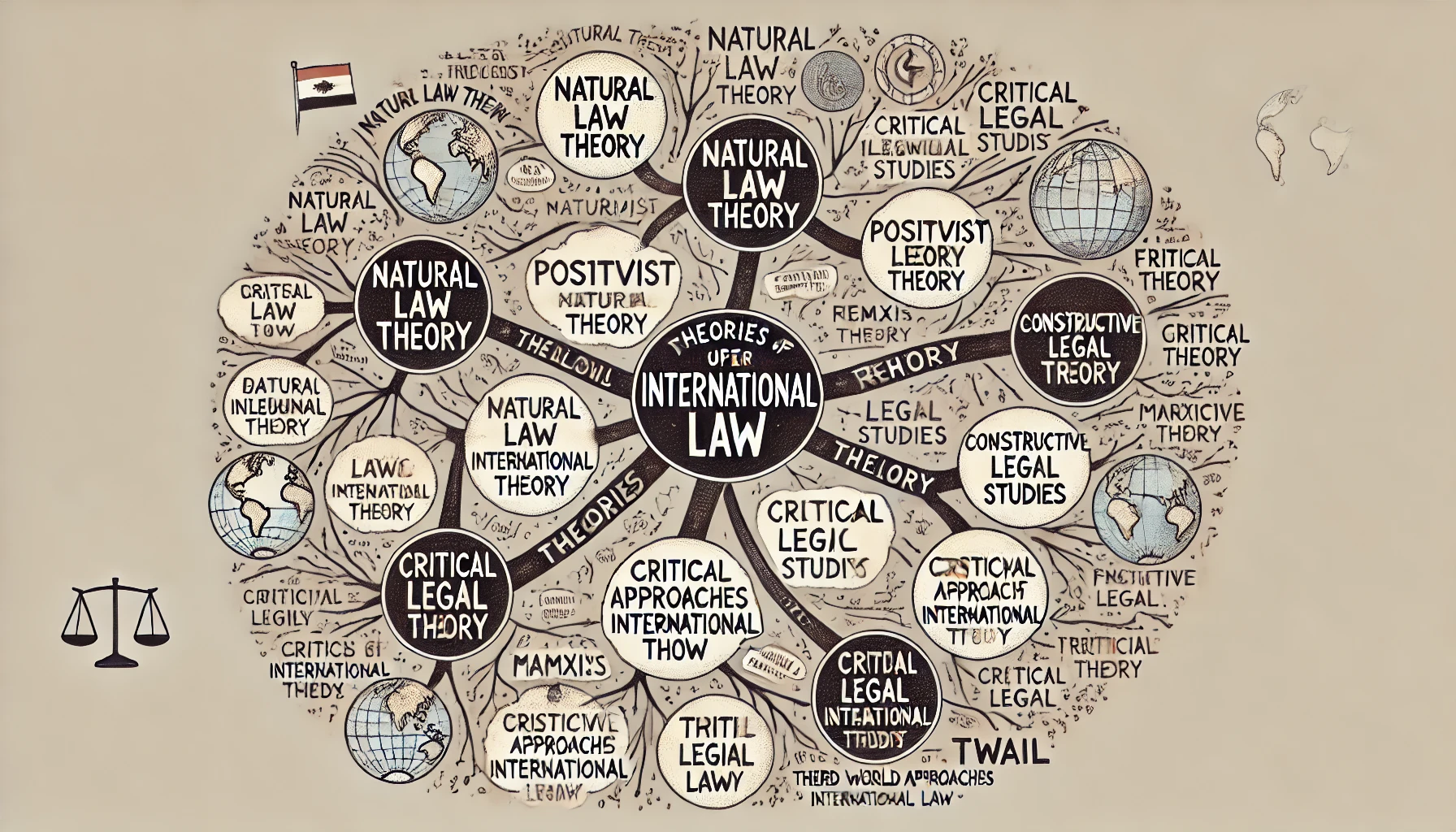
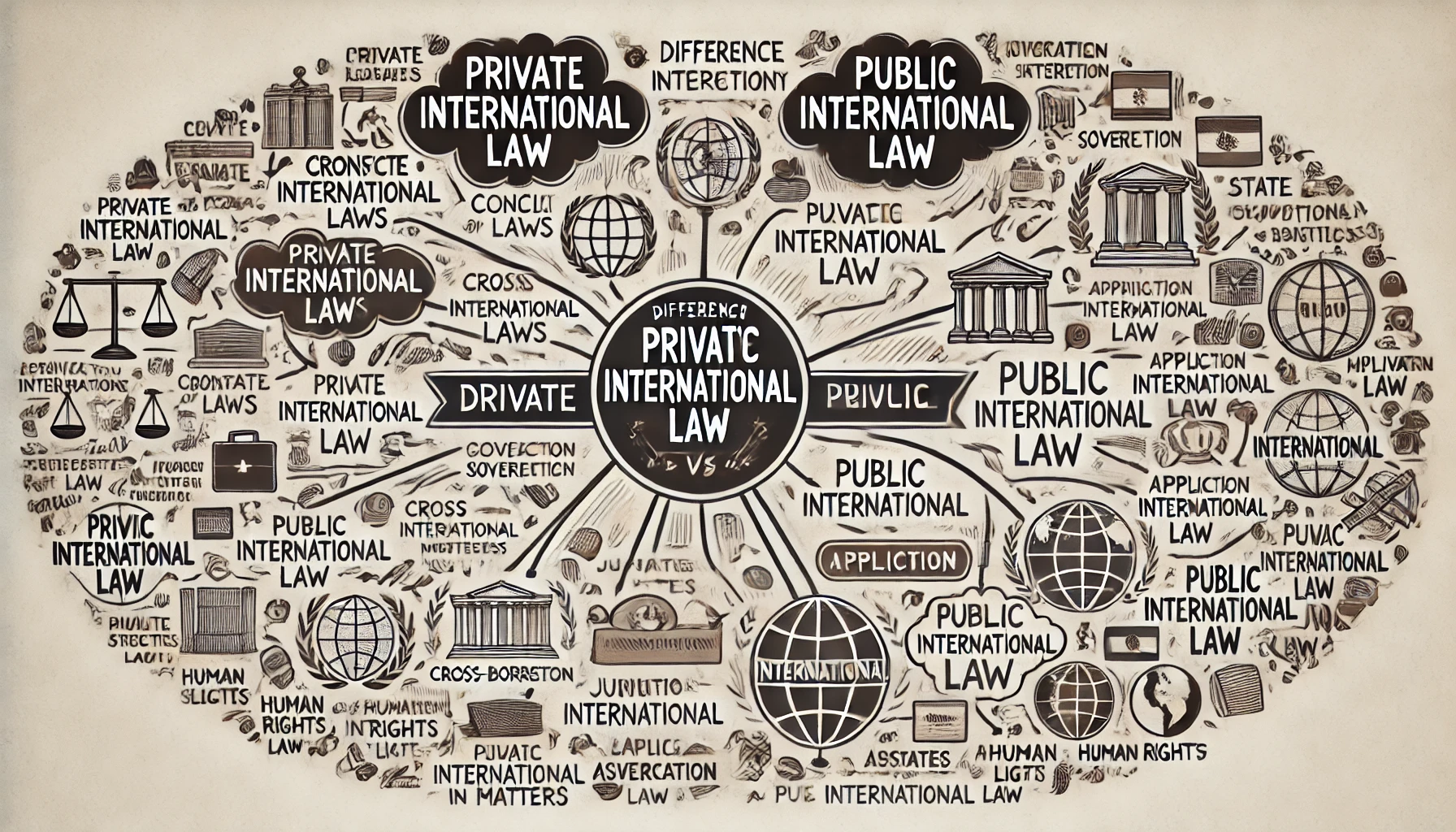
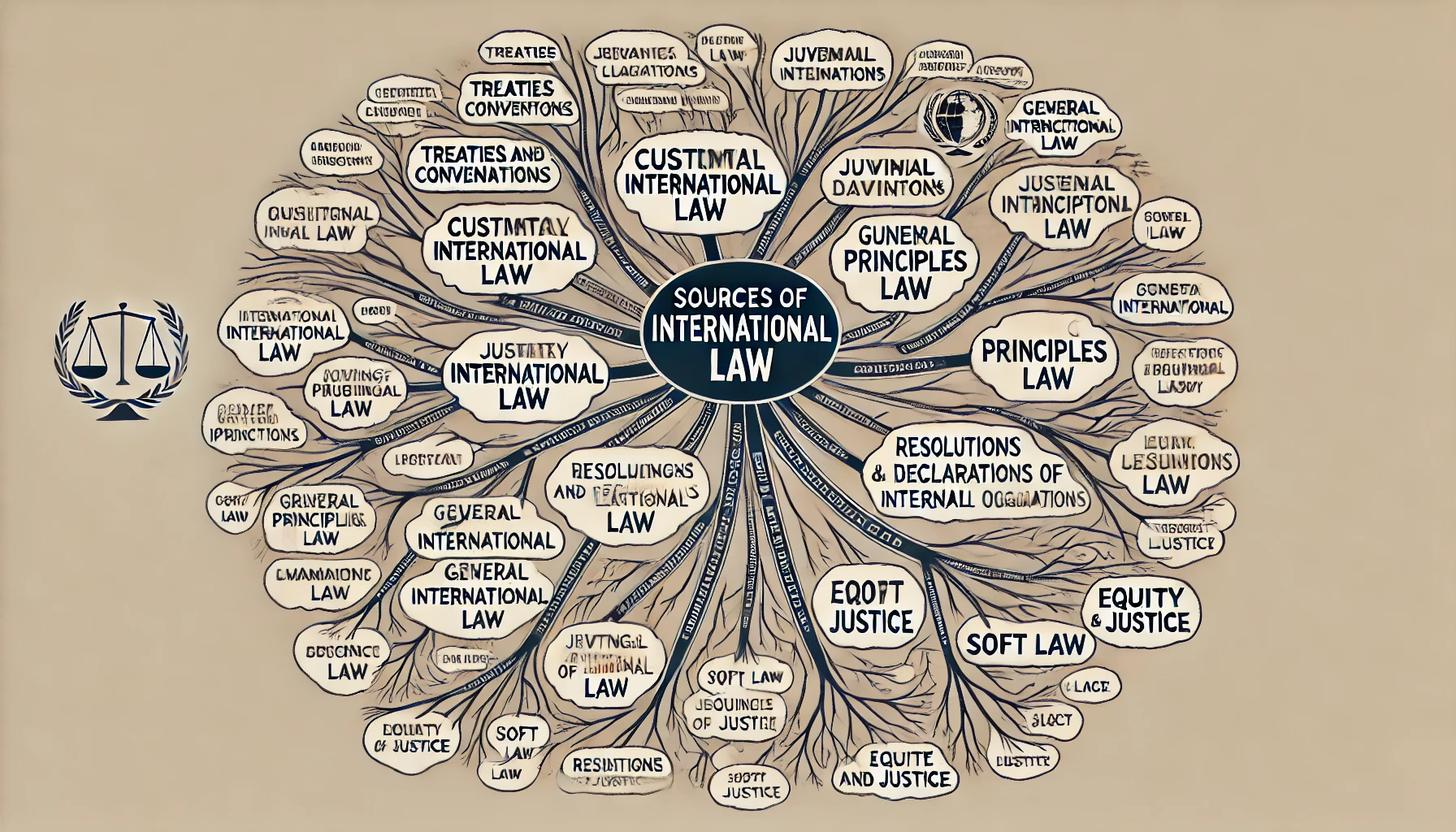
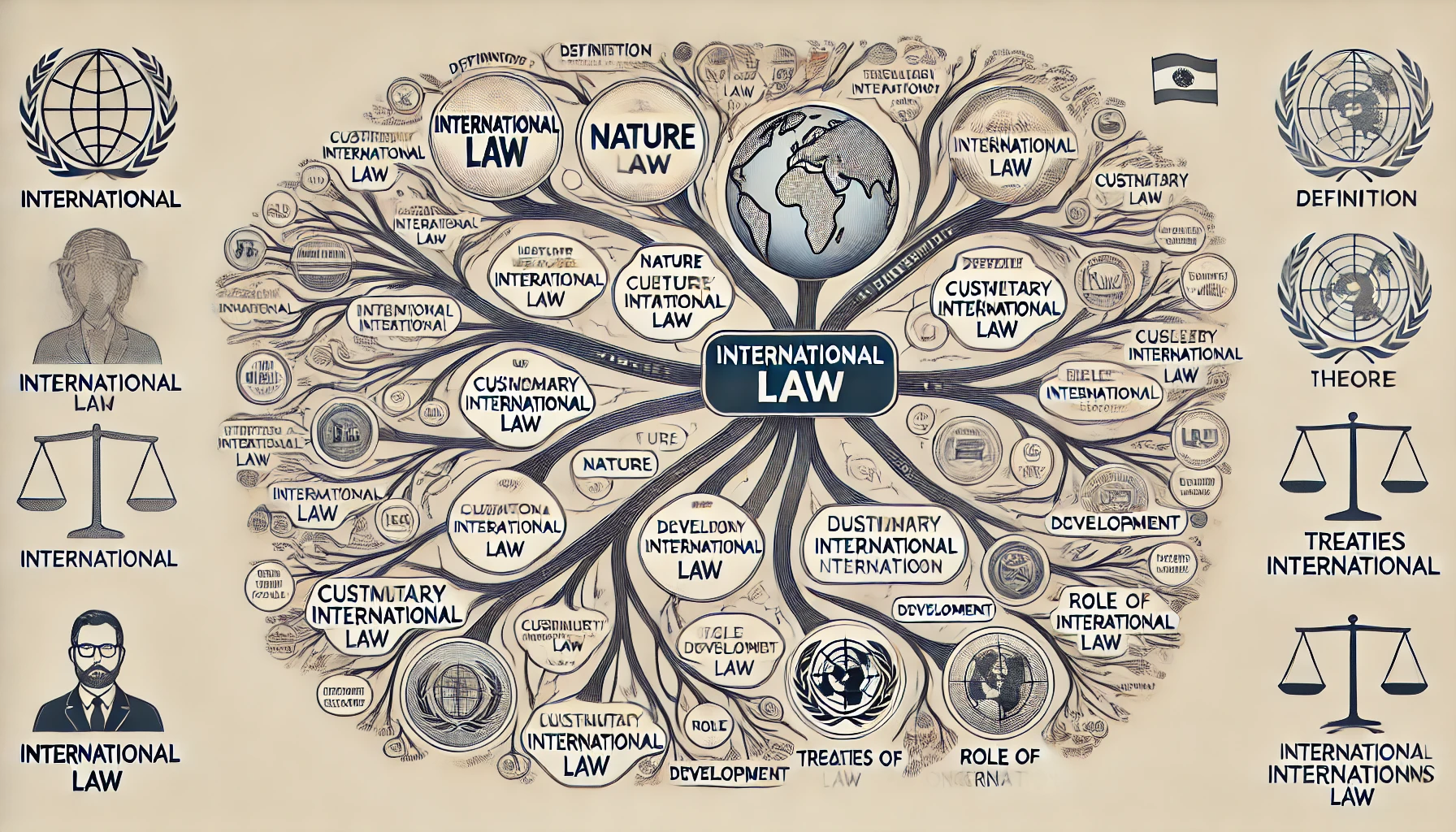
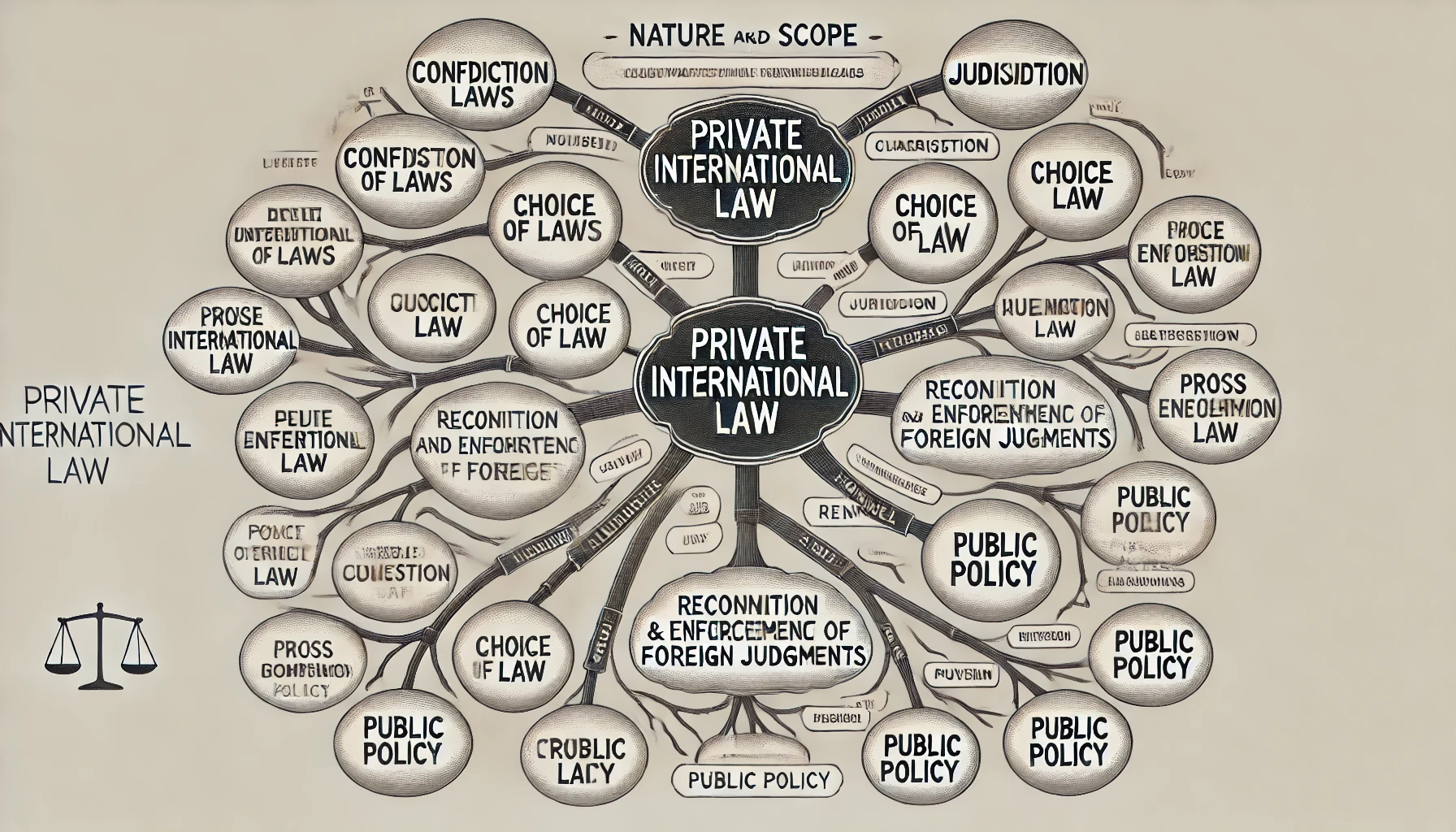




































































































Comment
Nothing for now